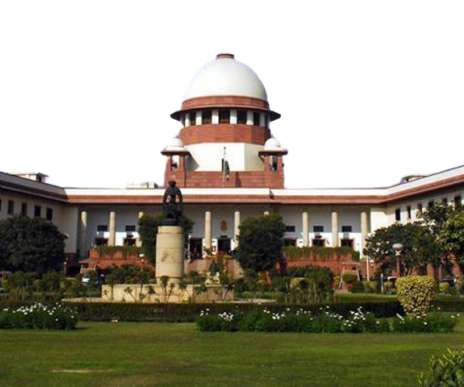India Supreme Court dismisses petition to release man detained over alleged murder plot
JURIST
JANUARY 5, 2024
The Indian Supreme Court dismissed Thursday a habeas corpus petition by one of the family members of Nikhil Gupta for his release from detention in the Czech Republic. Habeas corpus petitions are a legal mechanism that protects an individual’s right to be free from unlawful detention or imprisonment.



















Let's personalize your content